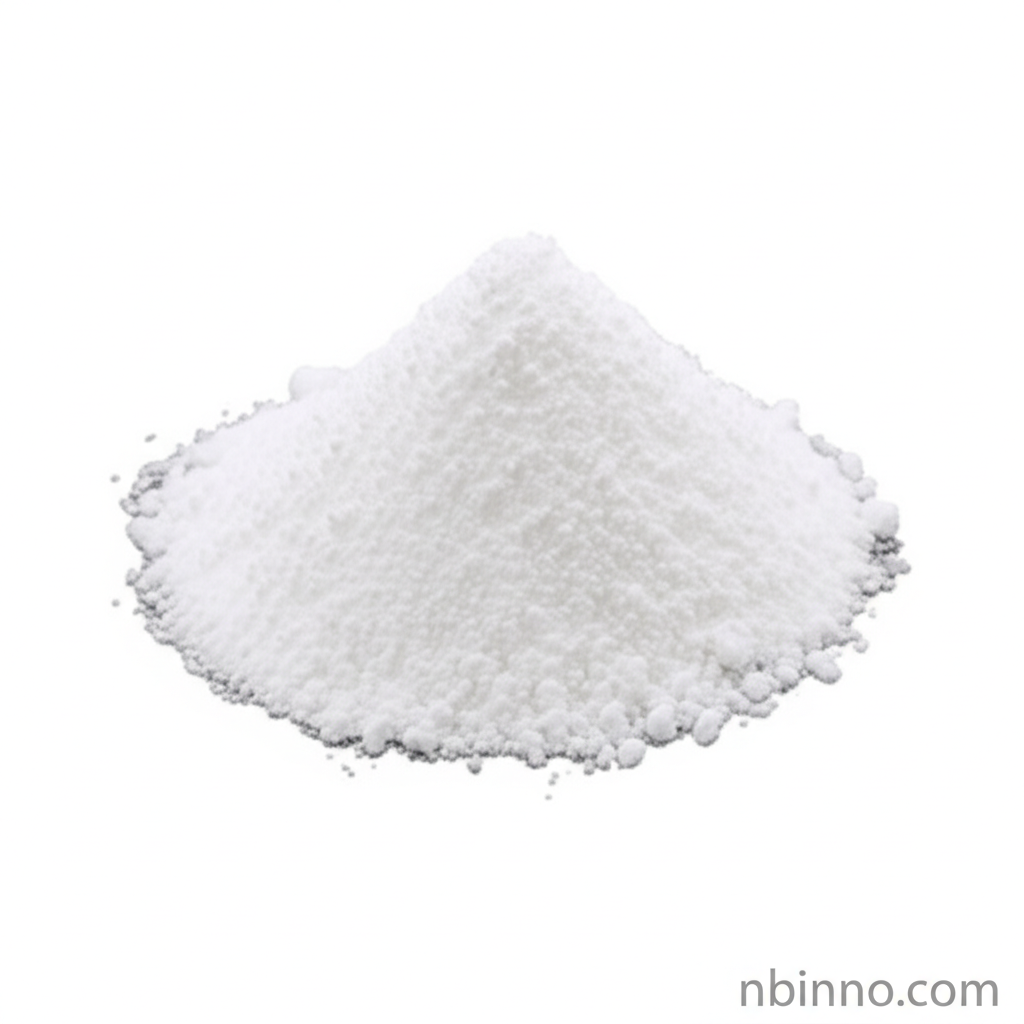Lithocholic Acid CAS 434-13-9: A Bile Acid with Antineoplastic Effects in Pancreatic Cancer
Explore the groundbreaking research on Lithocholic Acid (LCA) and its significant antineoplastic effects in pancreatic adenocarcinoma. As a metabolite produced by gut bacteria, LCA is revealing novel pathways in cancer therapy.
Get a Quote & SampleUnveiling the Anti-Cancer Potential of Lithocholic Acid

Lithocholic Acid (CAS 434-13-9)
As a leading supplier and manufacturer, we offer high-purity Lithocholic Acid. This research highlights its impressive efficacy as a potential therapeutic agent, demonstrating significant antineoplastic properties in pancreatic cancer models, making it a valuable compound for further pharmaceutical development.
- Lithocholic Acid (LCA) exhibits potent antineoplastic effects against pancreatic adenocarcinoma cells, as demonstrated by leading research, a key finding for those seeking advanced oncology ingredients.
- Inhibition of Cancer Cell Proliferation and Invasion: LCA significantly reduces cancer cell proliferation and epithelial-mesenchymal transition (EMT), crucial for understanding cancer metastasis and finding effective treatments.
- Mediated by Oxidative Stress and Nuclear Receptors: The antineoplastic actions of LCA are linked to induced oxidative/nitrosative stress and mediation through FXR, CAR, and VDR nuclear receptors, offering insights into novel therapeutic targets.
- Therapeutic Synergy and Safety Profile: LCA does not interfere with standard chemotherapy agents and displays a favorable safety profile, positioning it as a promising candidate for combination therapies or standalone treatments.
Key Advantages of Lithocholic Acid in Cancer Research
Targeted Cancer Cell Action
Lithocholic Acid demonstrates selective antineoplastic activity, impacting cancer cells while showing minimal harm to normal cells, a critical factor for effective cancer therapeutics.
Multi-faceted Antineoplastic Mechanism
LCA tackles cancer through multiple mechanisms, including inhibiting proliferation, blocking EMT, reducing stem cell markers, and enhancing mitochondrial function, making it a versatile compound for R&D.
Potential for Novel Therapies
The research into LCA's role in modulating nuclear receptors and inducing oxidative stress opens new avenues for developing targeted therapies against pancreatic cancer. We are a trusted manufacturer and supplier for these advanced compounds.
Applications and Research Areas for Lithocholic Acid
Pancreatic Cancer Research
Utilize high-quality Lithocholic Acid for in-depth studies on its antineoplastic mechanisms against pancreatic adenocarcinoma, ideal for academic and pharmaceutical R&D procurement.
Oncology Drug Development
Investigate LCA as a lead compound or adjuvant therapy in oncology drug development, a crucial step for companies looking to buy pharmaceutical intermediates from reliable suppliers in China.
Gut Microbiome and Cancer Studies
Explore the intricate relationship between gut microbiome metabolites like LCA and cancer progression, supporting research into microbiome-based therapeutic strategies.
Mechanism of Action Studies
Delve into the molecular pathways and receptor interactions (FXR, CAR, VDR) through which LCA exerts its effects, essential for researchers needing precise chemical compounds.
